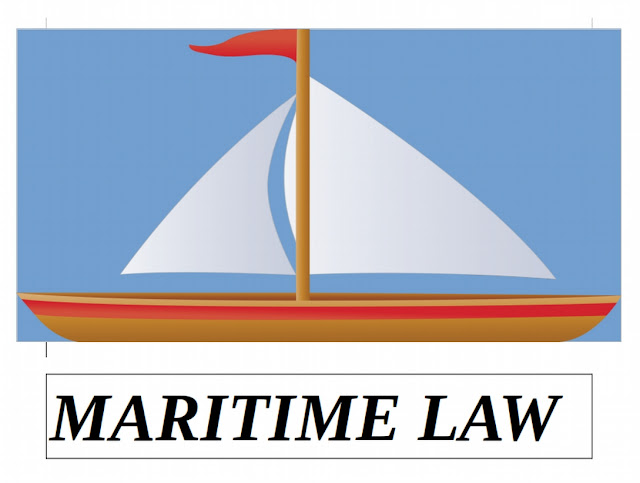VESSEL: A CORPORATE PERSON?
GUEST POST: BY AYUSHI H DANGRE
In the Indian Code of Bankruptcy (2016), under section 14, it provides for a moratorium. This moratorium exists only in suits against corporate debtors. The next question arises is, if a vessel would qualify as a corporate debtor. Section 3(8) mentions that corporate debtor includes a corporate person. Section 3(7) defines a corporate person. This is an inclusive definition and excludes a vessel. A vessel is recognized to be an entity separate from its owner/ company. The case of M.V Elisabeth and Ors clarifies this position
“ In admiralty the vessel has a juridical personality, an almost corporate capacity, having not only rights but liabilities (sometimes distinct from those of the owner) which may be enforced by process and decree against the vessel, binding upon all interested in her and conclusive upon the world, for admiralty in appropriate cases administers remedies in rem, i.e., against the property, as well as remedies in personam, i.e., against the party personally” 1
An action in rem is directed against the ship itself to satisfy the claim of the plaintiff out of the res. The ship is for this purpose treated as a person. Such action may constitute an inducement to the owner to submit to the jurisdiction of the court, thereby making himself liable to be proceeded against by the plaintiff in personam.
It is, however, imperative in an action in rem that the ship should be within the jurisdiction at the time the proceedings are started. It is by means of an action in rem that the arrest of a particular ship is secured by the plaintiff. He does not sue the owner directly and by name, but the owner or anyone interested in the proceedings may appear and defend. The writ is issued to "owners and parties interested in the property proceeded against.". A maritime lien is a privileged claim against the ship or a right to a part of the property in the ship, and it "travels" with the ship. Because the ship has to "pay for the wrong it has done", it can be compelled to do so by a forced sale.2.
In addition to maritime liens, a ship is liable to be arrested in England in the enforcement of statutory rights in rem (Supreme Court Act, 1981). If the owner does not submit to the jurisdiction and appear before the court to put in bail and release the ship, it is liable to be condemned and sold to satisfy the claims against her. If, however, the owner submits to the jurisdiction and obtains the release of the ship by depositing security, he becomes personally liable to be proceeded against in personam in the execution of the judgment if the amount decreed exceeds the amount of the bail. The arrest of the foreign ship by means of an action in rem is thus a means of assuming jurisdiction by the competent court. Hence, it can be concluded that a moratorium cannot apply against a vessel. This, in turn, indicates to the fact that the question of admiralty suit discontinuing does not arise.
1 Benedict, The Law of American Admiralty, 6th ed. Vol. I p.3.
2 See The Bold Buccleaugh, (1851) 7 Moo. PC 267.



